When you were pregnant, you probably took prenatal vitamins and were conscious about eating nutritious foods to support a healthy pregnancy. If you've chosen to breastfeed, you'll want to keep eating right, to support milk production and give yourself energy as you nourish your baby.
Luckily, it's not too much for you to switch up, since a healthy breastfeeding diet is similar to a healthy pregnancy diet. "All the nutrients that were recommended for you during pregnancy will benefit your baby while you're breastfeeding," explains registered nurse Rebecca Lee, RN, founder of RemediesforMe.com.
And there's no reason for you to stress about eating a textbook ideal diet. "While breastfeeding, a woman's diet does not have to be perfect!" says registered nurse and dietitian nutritionist Kristie LeBeau, RN, RDN. But your foods and lifestyle habits will support nourishing your little one, so it's important to try to eat right in general. You can use these rules of thumb for eating while breastfeeding.
1. Hydrate, hydrate, hydrate!
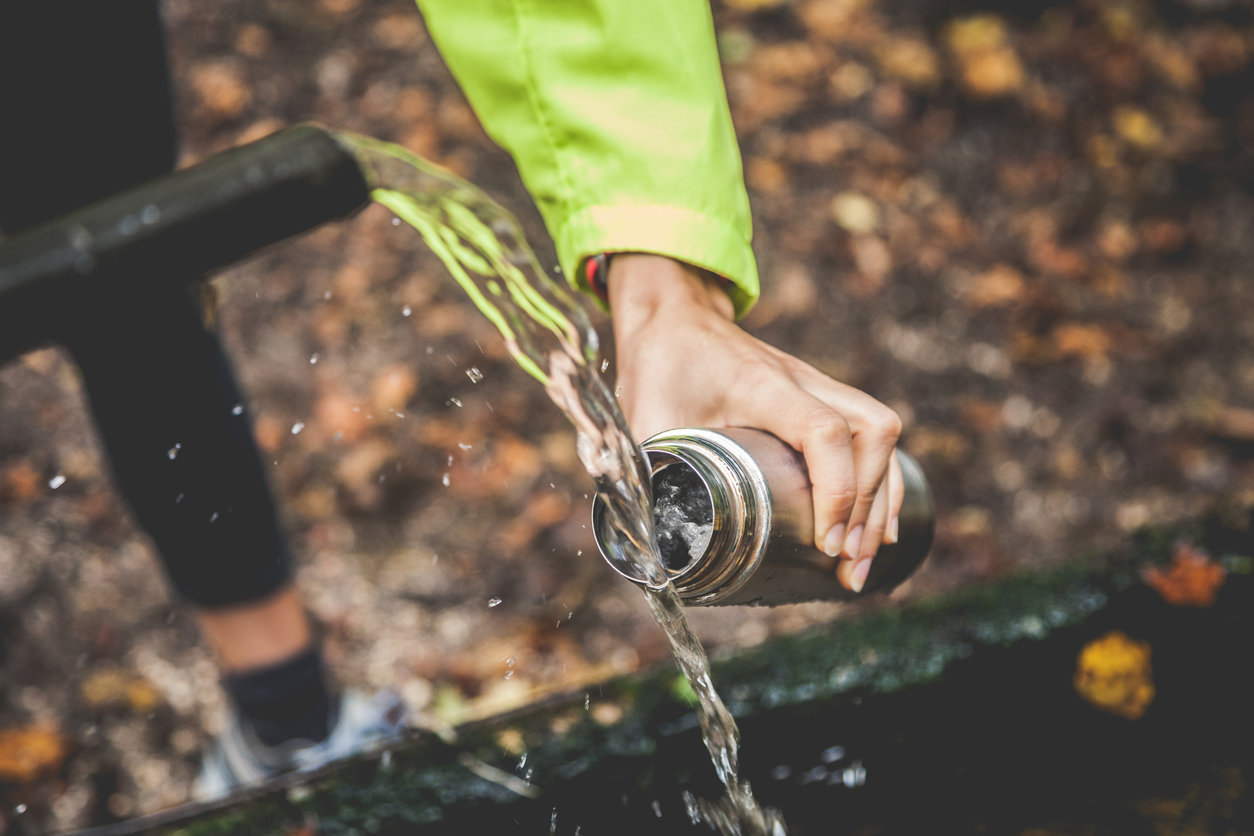
"Make sure you drink lots of water, especially in the first few weeks," Lee advises. "Breastfeeding dries you out, and dehydration can cause tons of problems such as constipation, decreased breast milk supply, hemorrhoids, low energy, loss of focus, and fatigue."
Nutrition, fitness, and wellness coach Erin Macdonald, RDN, agrees, adding, "Your milk supply is primarily dependent on your hydration status. Opt for water and herbal or decaf green tea. Don't wait until you are thirsty to drink! By then, you are already 1 to 2 percent dehydrated. Keep a glass or insulated, non-plastic water bottle with you at all times, and sip frequently."
2. Enjoy healthy fats.
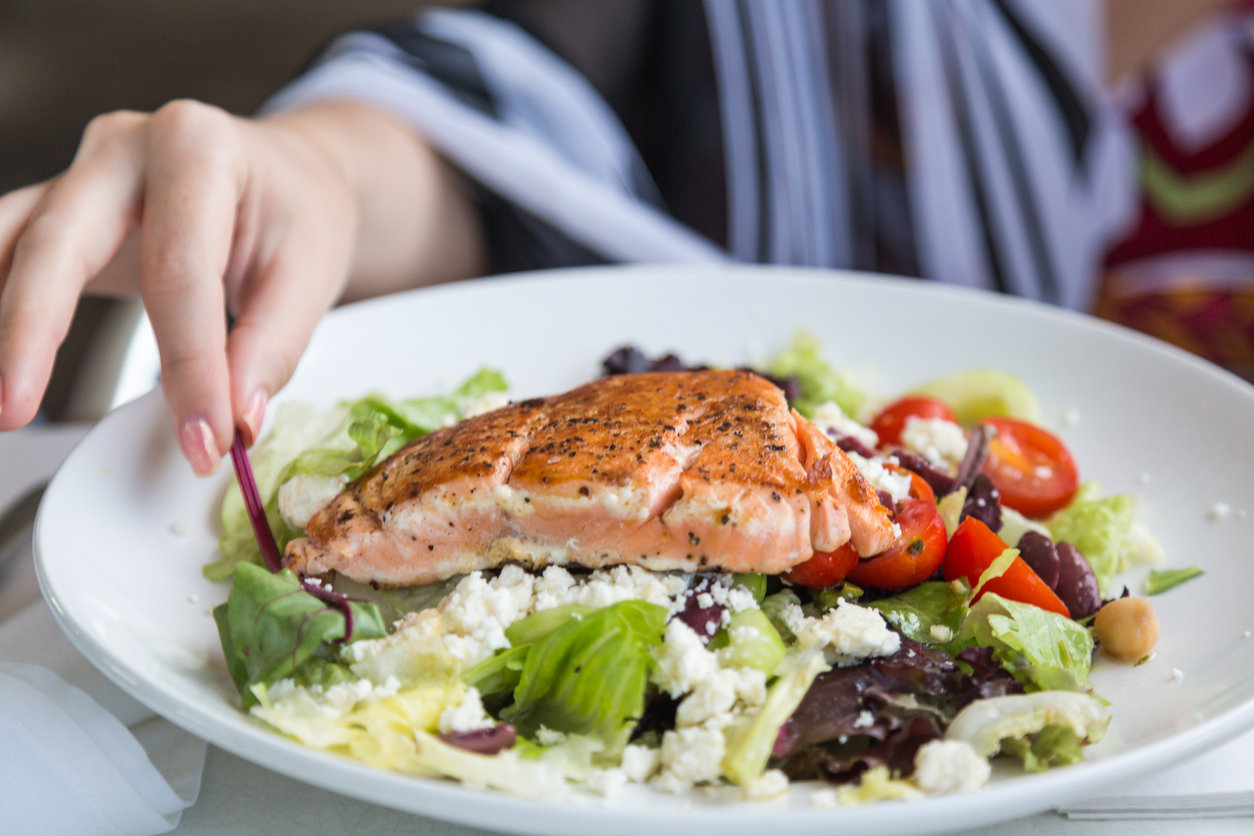
"Good fats are very important for [baby's] brain development and quality of breast milk," says Macdonald. In particular, you'll want to make sure you're getting two types of omega-3 fatty acids: alpha-linoleic acid (ALA), which boosts an infant’s growth and development, and docosahexaenoic acid or DHA, which has been shown to enhance the development of an infant's brain and the retina of the eye and is linked to improving the immune system. In fact, the American Academy of Pediatrics recommends breastfeeding moms consume 200 to 300 mg of omega-3s daily.
To get your omega-3s, Macdonald recommends eating nuts, seeds, avocado, virgin coconut oil, extra virgin olive oil, avocado oil, and fatty fish (such as wild Alaskan salmon). Lee also recommends herring, sardines, lean grass-fed beef, eggs, walnuts, and chia seeds.
More from CafeMom: 8 Yummy Lactation Recipes for Breastfeeding Moms
3. Get extra protein.

Because protein is a crucial aspect of breast milk, the daily recommended intake of protein is higher for women who are nursing than for those who aren't. "You need about 15 extra grams of protein per day," says Lee. "Good examples of foods high in protein are chicken, fish, milk, lentils, peanut butter, and eggs."
If you're vegetarian, vegan, or want to limit animal protein, Serena Goldstein, ND, a naturopathic doctor in New York, New York, advises being extra conscious of creating a complete protein with your meal choices. "For example, combine beans with quinoa," she says.
4. Reach for the right kind of carbs.
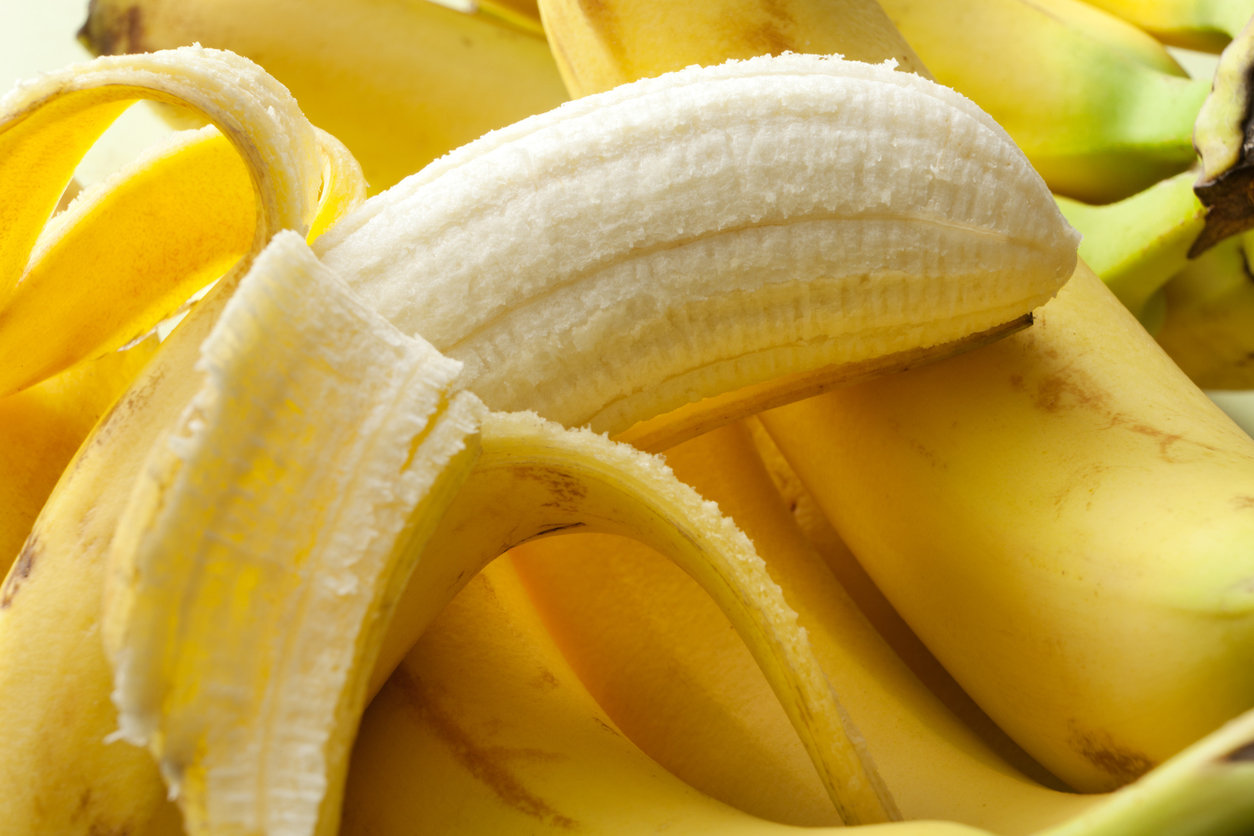
"Loading up on high-fiber carbs — healthy carbs! — will give you the extra energy boost you need, especially while you're sleep-deprived," Lee says. "The recommended amount of carbs per day is 210 grams. Examples of healthy carbs are: bananas, beans, whole grain brown rice, veggies, pasta, and nonfat plain dairy products."
5. Eat foods rich in folic acid and calcium.
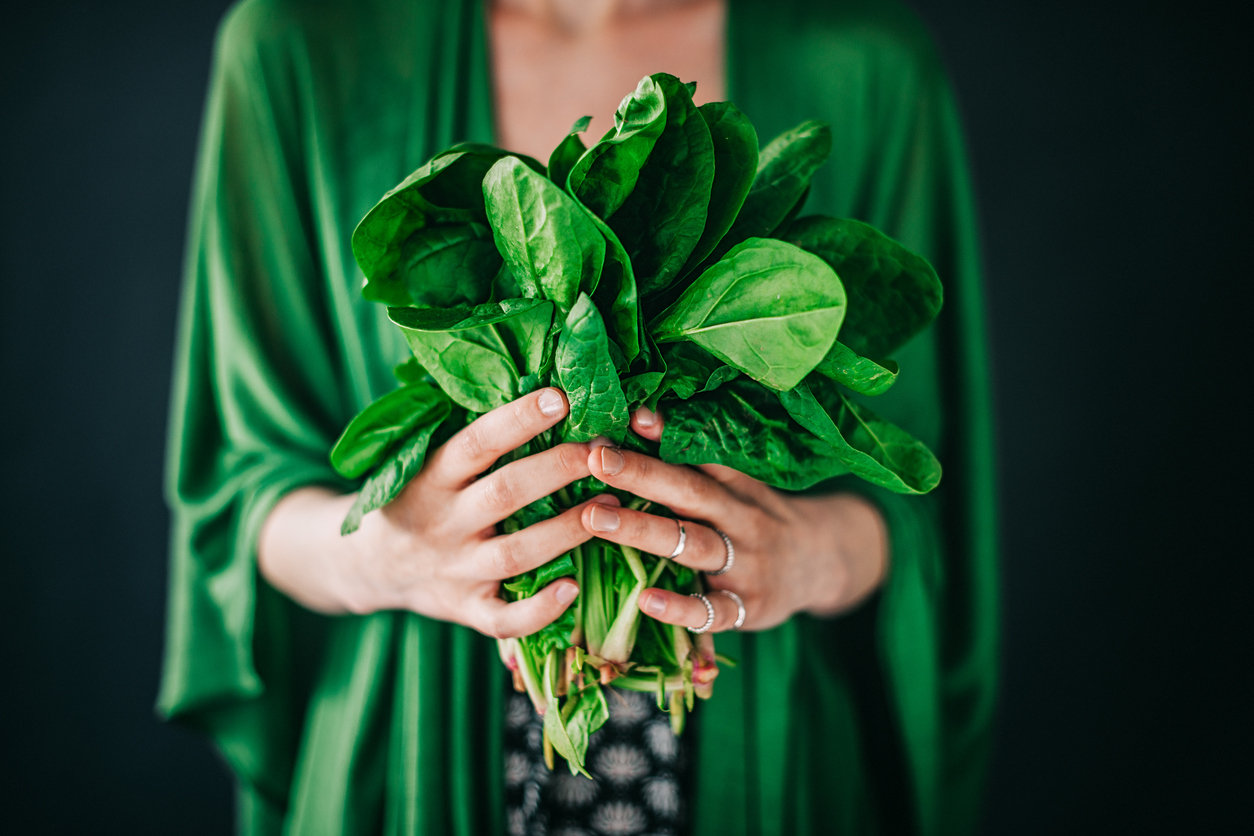
"Folic acid is important during the breastfeeding period, just as it was during pregnancy," says Lee. "The recommended amount of folic acid is 500 mcg daily. Good food sources include: dark green leafy veggies, oranges, sesame seeds, and fortified breads, cereals, and pastas."
You'll also want to be sure you're getting enough calcium. "Mothers can lose around 3 to 5 percent of their bone mass while breastfeeding, so it's important to maintain the recommended daily amount of calcium: 1,000 mg," Lee advises. "Good sources of calcium include milk, nonfat plain dairy products, tofu, salmon, broccoli, spinach, swiss chard, and bok choy."
More from CafeMom: 13 Genius Breastfeeding Hacks to Make Life as a Nursing Mom So Much Easier
6. Worried about supply? Get your galactagogues.
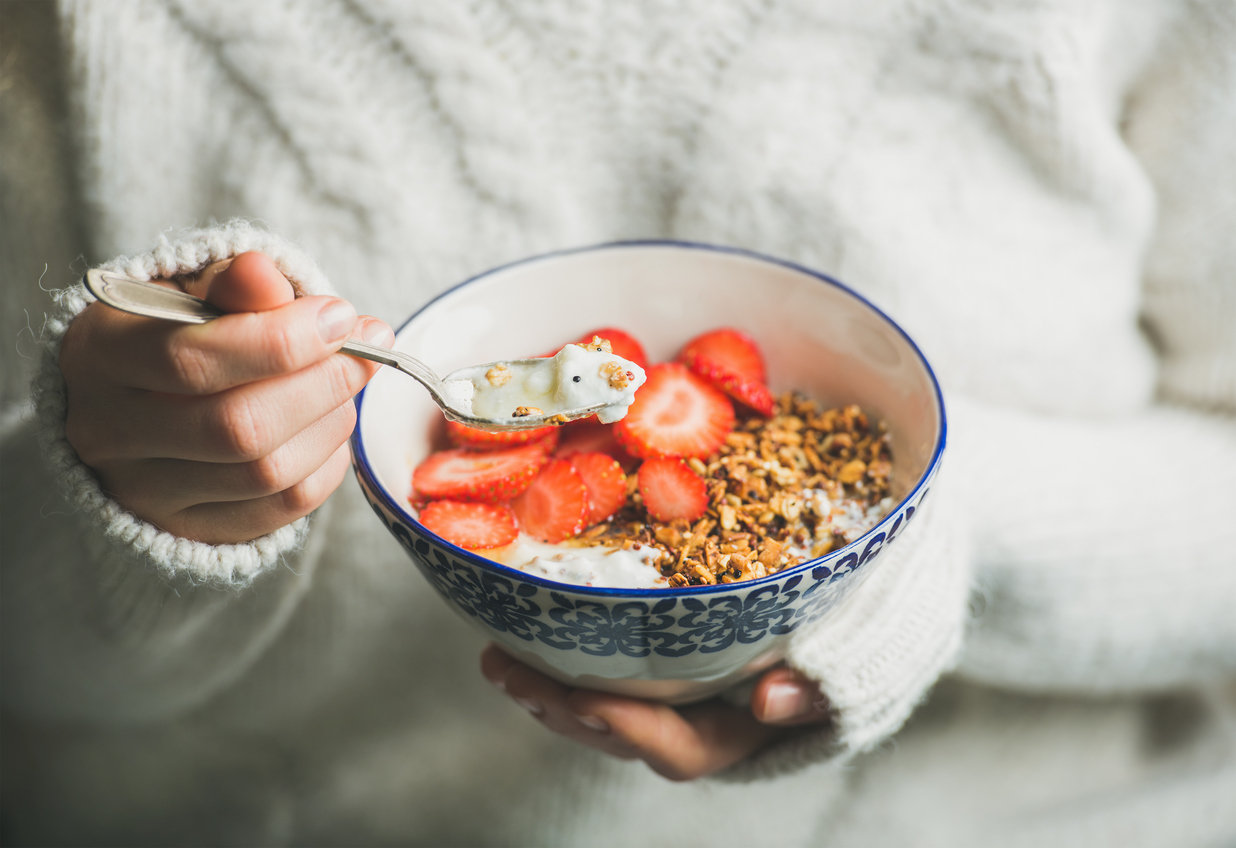
If you're nursing, you've probably heard of galactagogues — substances that can increase milk production. According to Lee, the best food galactagogues to incorporate into your diet are fenugreek, malt ovaltine, moringa, raw almonds, fennel, red raspberry leaf, alfalfa sprouts, and oatmeal. Talk to your doctor before taking herbs or supplements to make sure they're safe for you and baby.
7. Know that some herbs and spices can affect supply.
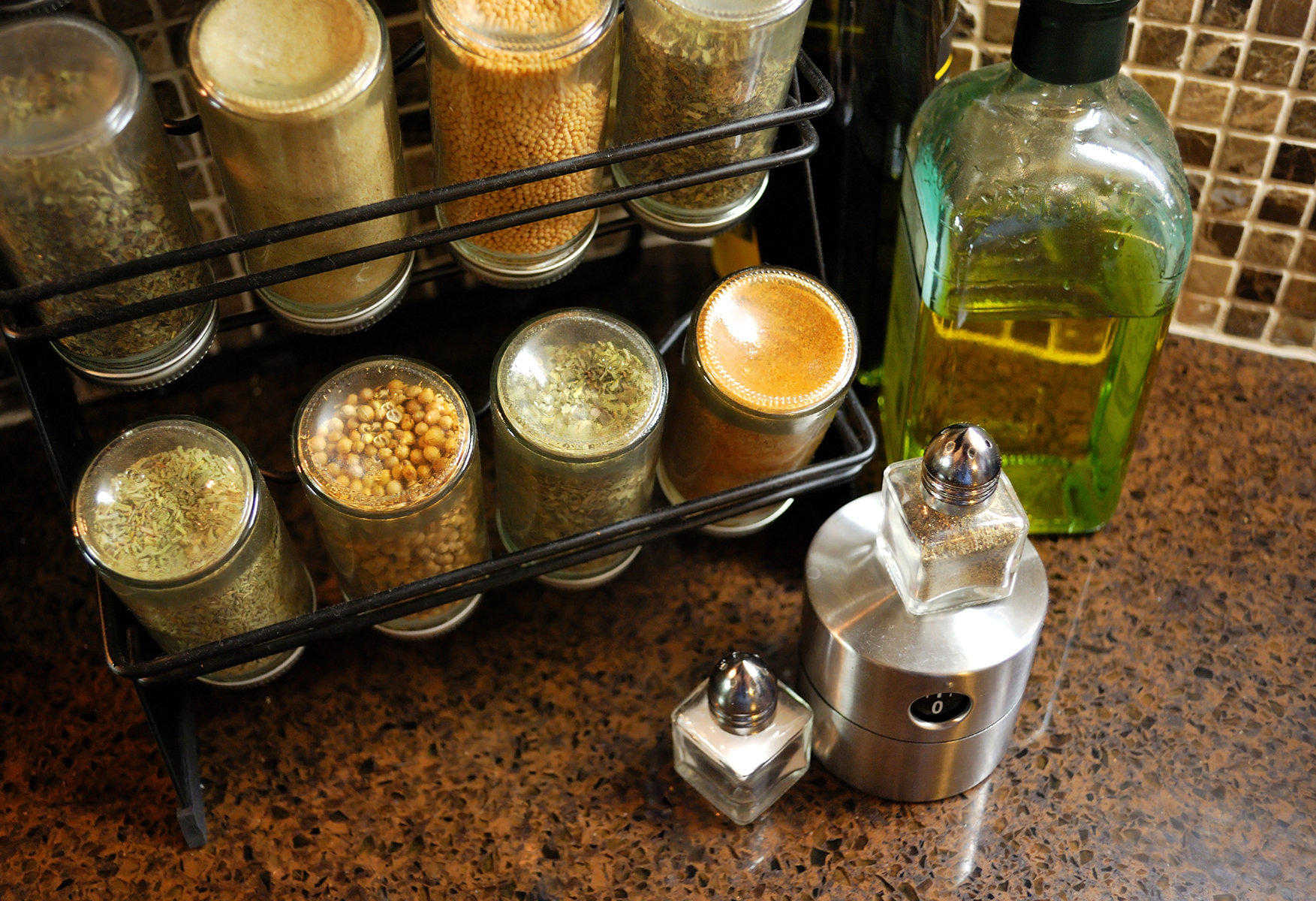
Nursing moms concerned about their breast milk supply may want to steer clear of certain foods — particularly specific herbs and spices. "Some foods can adversely affect milk supply," warns LeBeau. "For example, mint, especially peppermint, can lower milk supply. Oregano and sage are also thought to reduce milk supply." In fact, peppermint, sage, and parsley have traditionally been used for weaning or to treat an oversupply.
8. Gassy baby? Consider changing how you eat.

Some breastfed babies have no trouble at all, no matter what their moms eat. But others may get gassy or have excess spit-up because they're sensitive to something in Mom's diet, or because they're eating big, spaced-out meals.
"Smaller, more frequent meals tend to cause less gas problems for babies," says Lee. If big meals don't seem to be the problem, it could be a specific food or food group that your baby's reacting to. The best way to find out is to put it to the test. "Try to omit one at a time, for a few days at a time to see which ones could be the culprit," says Lee. "Some of the common foods on the list include: high-fiber foods, fruits, vegetables, garlic, beans, starches, corn, pasta, potatoes, dairy, chocolate, and coffee."
9. Do what you can to limit toxins.
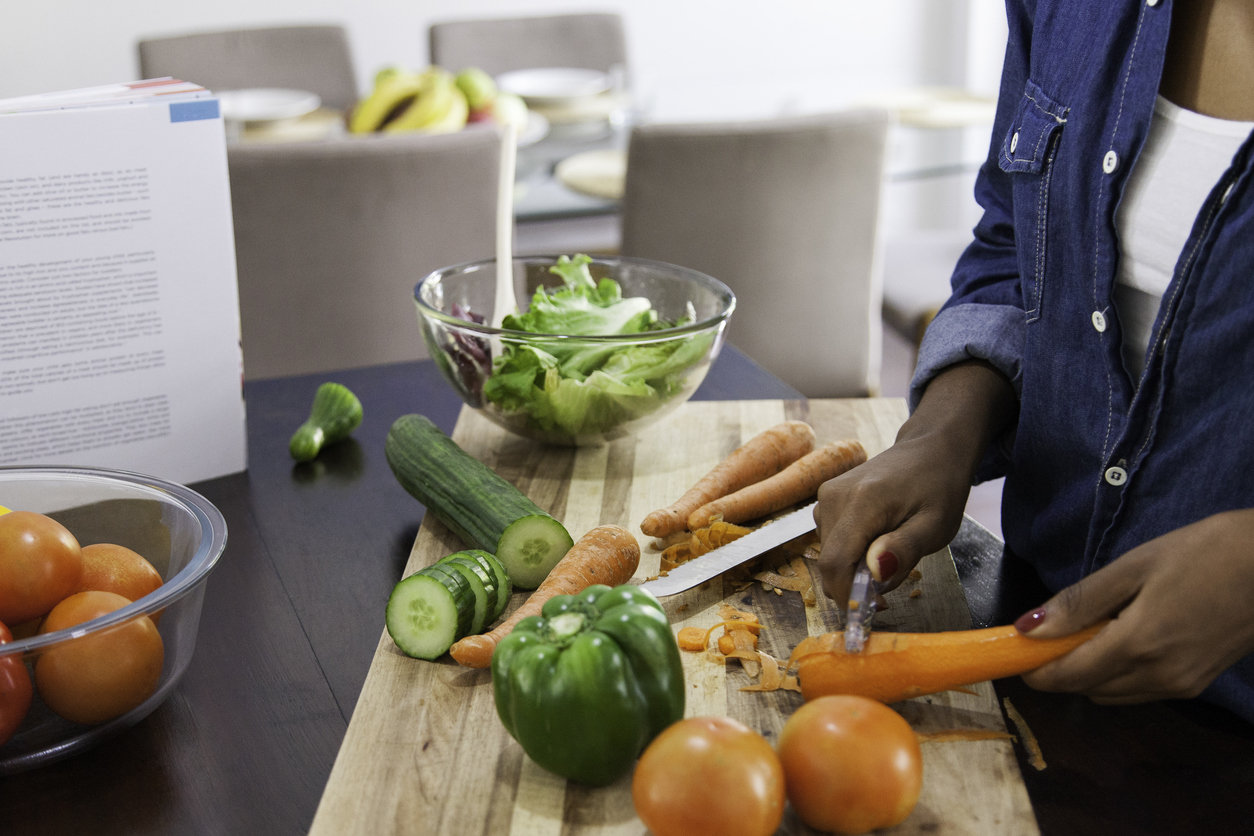
Pesticides, insecticides, and BPA, among other environmental toxins, can make their way into breast milk, says Macdonald. For that reason, she recommends eating organic produce when you can — especially when you're buying fruits and veggies that are on the Environmental Working Group's "Dirty Dozen" list. "Limit swordfish, king mackerel, tilefish, tuna as they are high in mercury," she says.
10. Avoid dieting and detoxing.
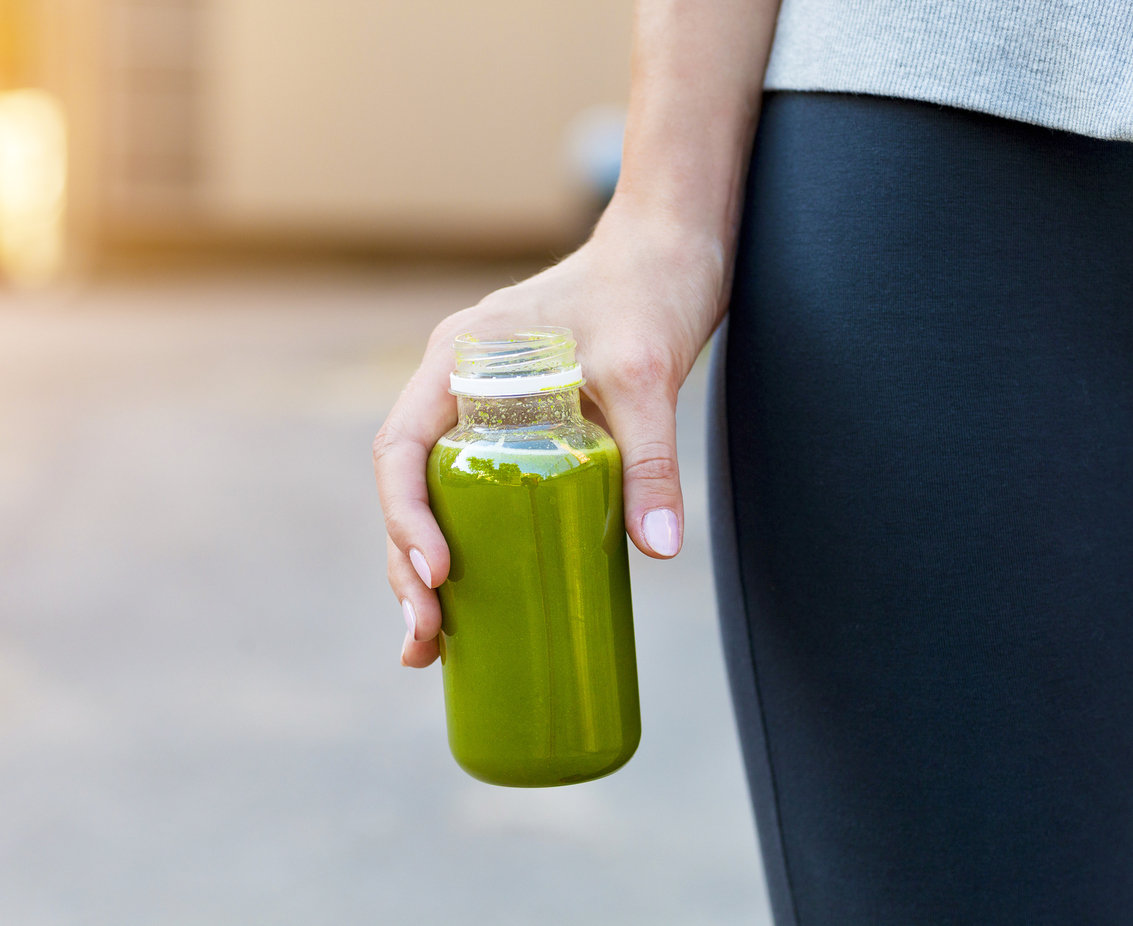
Just as it's not necessary to aim for the perfect "breastfeeding diet," a weight loss diet isn't recommended either. "Don't obsess about losing weight right after delivering, because breastfeeding will naturally increase your metabolism," says Lee. "Make sure you are getting a minimum of 1,500 calories a day, so your milk supply is not impacted. Breastfeeding causes you to burn around 500 calories a day. This is about the same calories you would burn if you ran 5 miles. Restricting the amount of food and calories can decrease the amount of milk you produce and can prevent you and the baby from getting vital nutrients. Eat foods that are high in nutrients and low in calories to keep you feeling full longer."
Similarly, it's not the best idea to go on a detox or cleanse while breastfeeding, because toxins that were once stored in fat could be released and end up in your breast milk, says Dr. Goldstein.




